Register for the conference
The 2026 Conference of the Canadian Association of African Studies is happening on June 9-12th 2026. The theme is Global Africa: Legacies, Change and Aspirations.
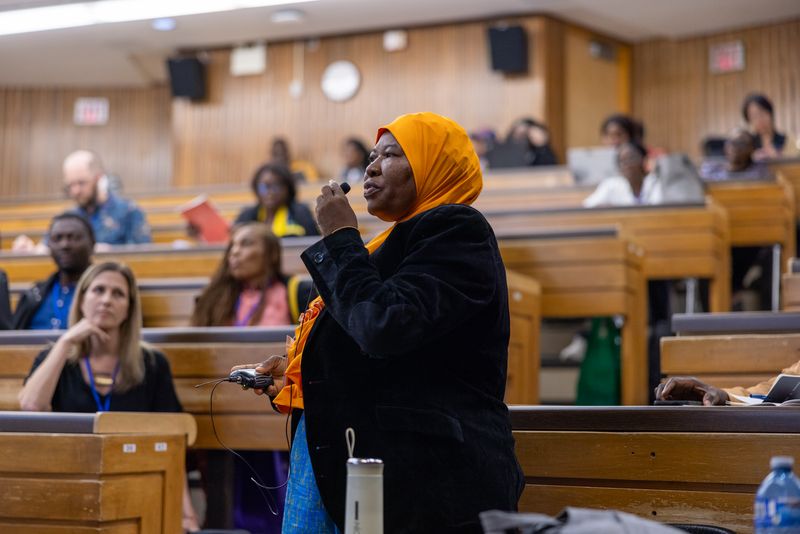
.svg.png)
Global Africa: Legacies, Change and Aspirations
June 9-12th 2026 at Glendon College (York University), 2275 Bayview Ave, North York, ON M4N 3M6
In Partnership with

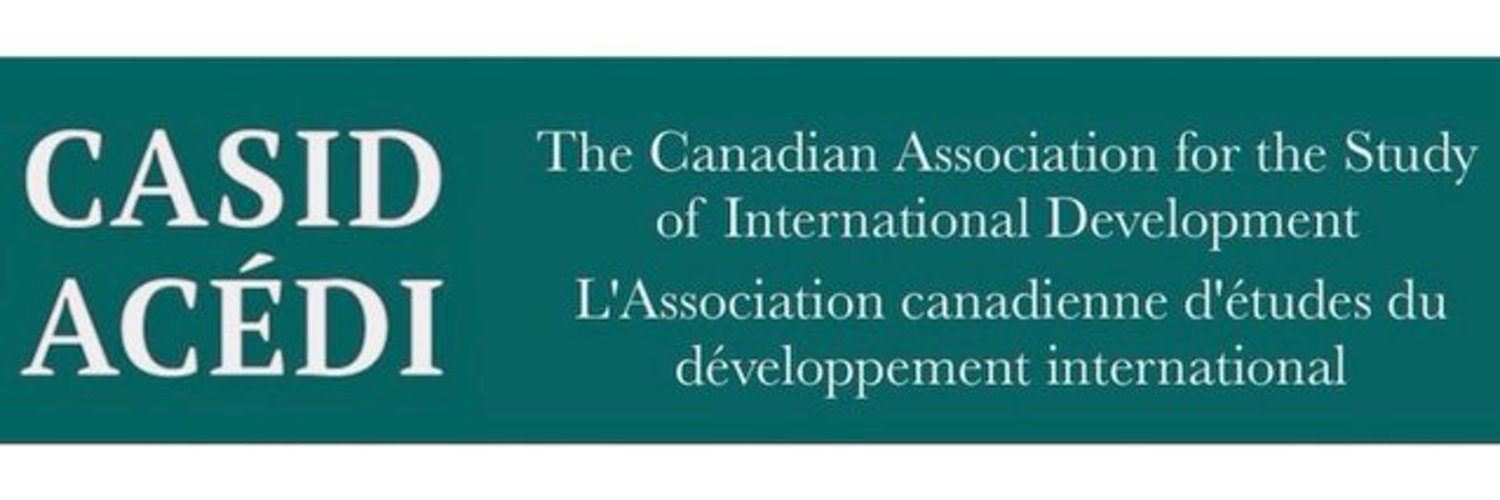
CAAS & CASID present
A Keynote Lecture by
Professor Amina Mama

Renowned Scholar in Gender, Sexuality & Women’s Studies, University of California
Join us for an inspiring and thought-provoking keynote with one of the most influential voices in feminist, African, and global social justice scholarship.
Date: June 11, 2025
Time: 4:30 PM – 6:30 PM
Location: Glendon College, York UniversityToronto, Canada
The Annual Christopher Youé Lecture
Presented by
Professor Paul Lovejoy
Distinguished Research Professor (Emeritus) in the Department of History at York University, Founding Director of the Harriet Tubman Institute for Research on Africa and its Diasporas, and Fellow of the Royal Society of Canada.
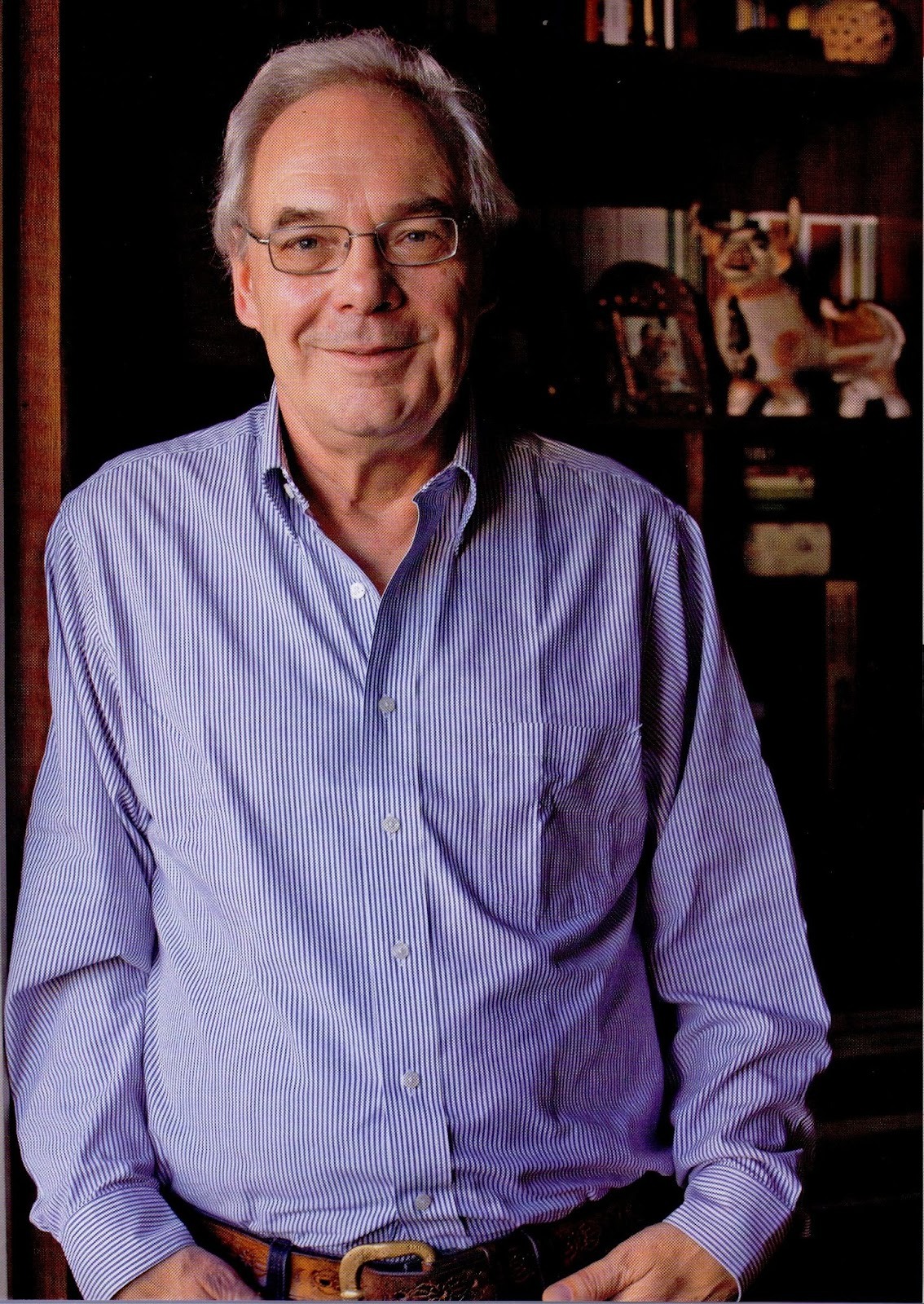
About the Youé Lecture
Dr. Christopher Youé, historian and long-serving Editor of the Canadian Journal of African Studies, passed away in November 2018. In his memory, CJAS established the Youé memorial lecture, delivered at the CAAS conference by an invited African Studies scholar.
Date: June 10, 2026
Time: 4:00 – 5:30 PM
Location: Glendon College, York UniversityToronto, Canada
CAAS and CASID present
The How To… Series
An interactive Lunch & Learn session offering practical guidance on navigating academic and research careers.
Each session runs from 12:00 – 1:30 PM and features experienced scholars and practitioners who share actionable insights and strategies.
- Series 1: How to… Build Relationships with Research Communities
- Series 2: How to… Become a Researcher In and Beyond Academia
- Series 3: How to… Get Published

Travelling from Pearson Int. Airport to Glendon College
From Pearson International Airport (YYZ) to Glendon College (York University)
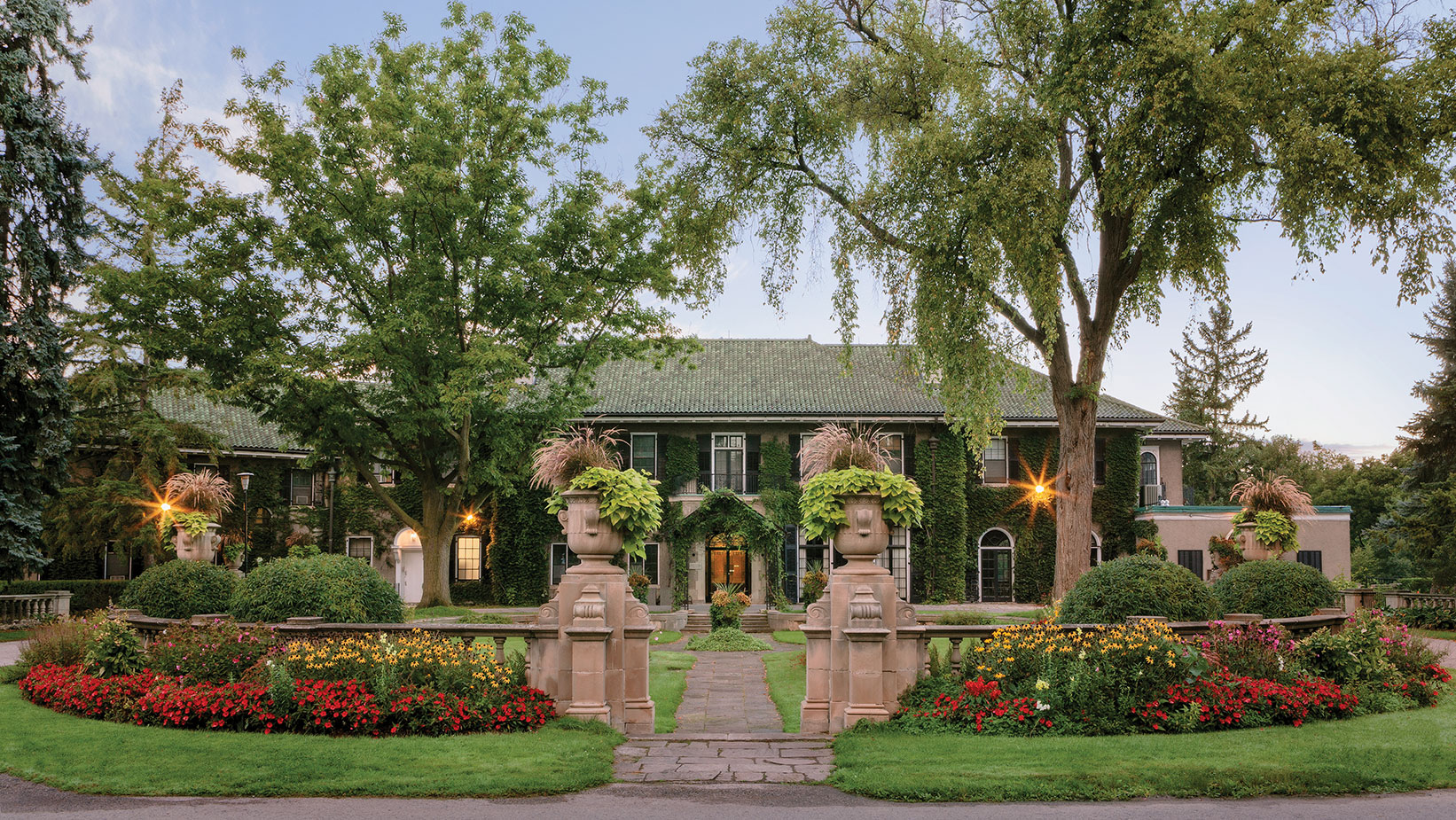
Address:
Glendon College, York University
2275 Bayview Avenue, Toronto, Ontario, M4N 3M6
Tip: Purchase a PRESTO card for convenient travel on TTC, GO Transit, and UP Express.
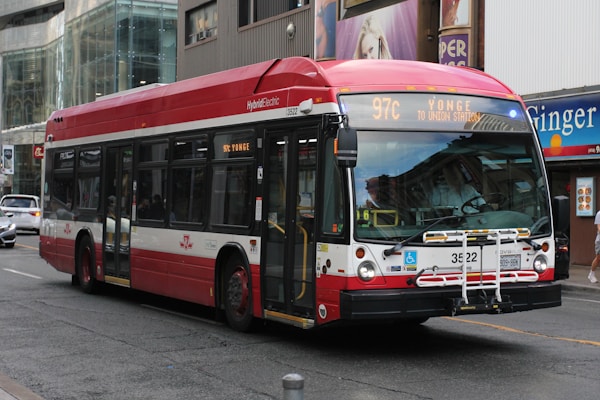
Public Bus
Route: TTC Bus 352 Lawrence West → Stop at Bayview Ave & Lawrence Ave East → 8-min walk to Glendon
Duration: ~50–65 min
Cost: Approx. $3.30 CAD (PRESTO)

Train + Subway + Bus
Route: UP Express train → Union Station → TTC Line 1 (northbound) to Lawrence Station → Bus 124 Sunnybrook → Glendon
Duration: ~60–75 min
Cost: Approx. $15–17 CAD total

Ride-hailing or Taxi (Fastest)
Services: Uber, Lyft, or Hopp (Bolt)
Duration: ~25–40 min
Cost: Approx. $40–75 CAD

On-Campus Accommodation
Glendon College offers a variety of on-campus accommodations, including single rooms, and double rooms in its two residence buildings: Hilliard and Wood.
Single rooms: 50.85 CAD/ per day
Double rooms: 62.15 CAD / per day
Room reservation will open on May 1, 2026.
To view photos and learn more about the residences, please click learn more.
Nearby Hotels

Novotel Hotel North York
Distance: 3.5 miles
Full-service hotel in North York

Canopy by Hilton Yorkville
Distance: 3.8 miles
Upscale hotel in the Yorkville area
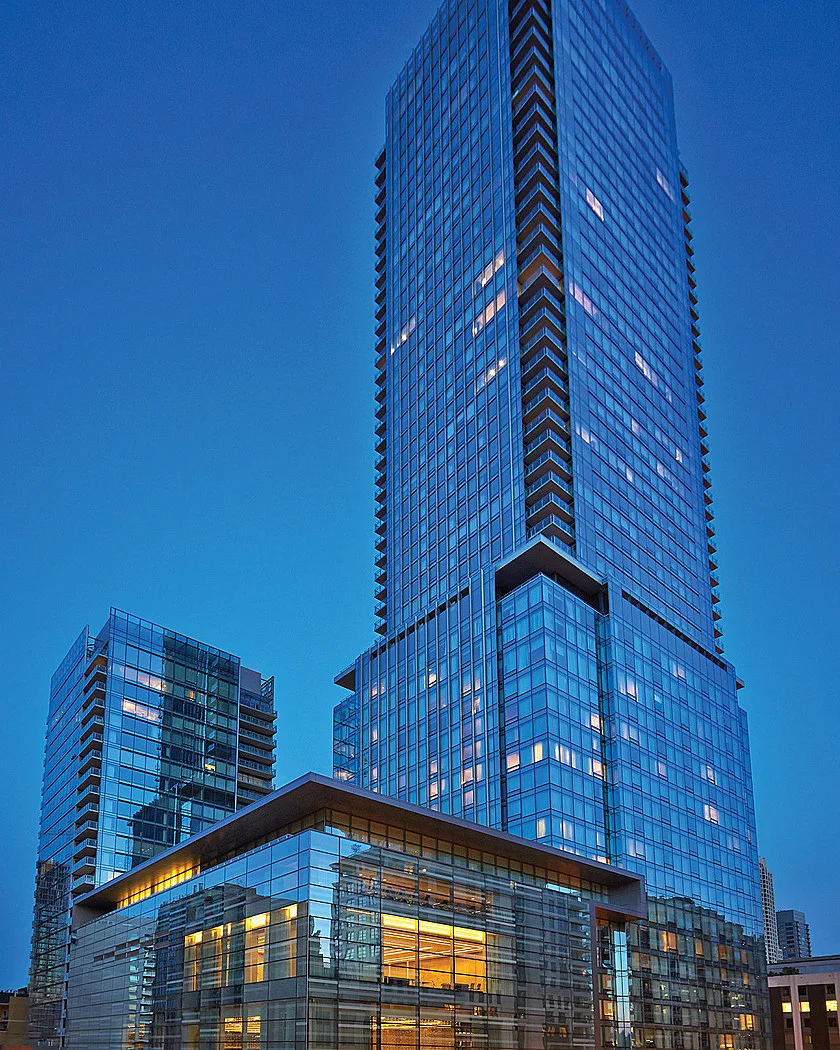
Four Seasons Hotel Toronto
Distance: 3.9 miles
Luxury option in central Toronto

The Roehampton Hotel
Distance: 2.2 km
More modest, closer option in Yonge–Eglinton area

2026 CAAS Trip to Niagara Falls
Meeting Point: Glendon College
Departure Point: Union Station
Estimated Cost: Approximately $80 CAD (round trip by bus)
Please note that participation in this trip and its associated cost are not included in the main conference registration.
Interested? Stay tuned for details soon.
2026 Fifa World Cup Games in Toronto
Stay tuned for details soon
